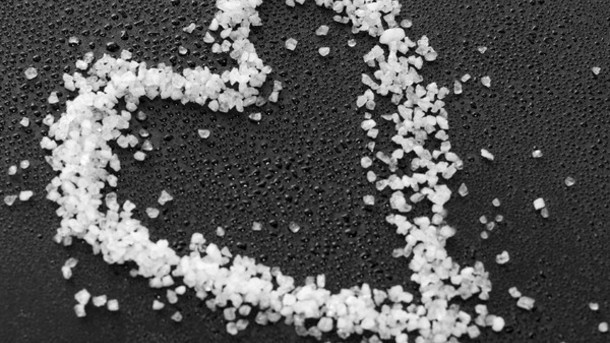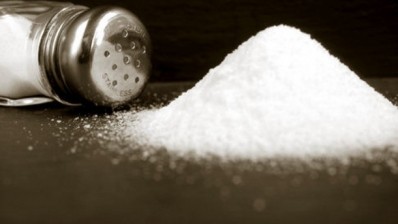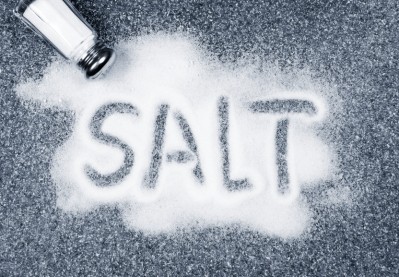Study suggesting salt intake is ‘less of a risk’ for the elderly is flawed, say experts

The study, published in JAMA Internal Medicine, looked at the association between dietary sodium intake and mortality, heart disease and heart failure in a group of more than 2,500 elderly people – finding that intake was not associated with 10-year mortality, cardiovascular disease (CVD) risk, or heart failure (HF) risk.
Led by Dr Andreas Kalogeropoulos of Emory University, US, the team noted that data on sodium restriction among older adults were scarce, especially for those with normal blood pressure levels, while reducing salt intakes to achieve a recommended sodium intake of less than 1,500 mg/day was difficult for older adults in part because of long-held dietary habits.
“Our data emphasise the need for stronger evidence, preferably from rigorous controlled trials testing additional thresholds for sodium intake, before applying a policy of further sodium restriction to older adults beyond the current recommendation for the general adult population (2,300 mg/d),” Kalogeropoulos and his team wrote.
However, Jeremy Pearson, Associate Medical Director at the British Heart Foundation said the study did not contradict current dietary guidelines that people should consume less than 6 g of salt per day, adding that blood pressure could be influenced by a number of factors and the finding that people with a similar blood pressure had a similar risk of cardiovascular disease was not surprising.
“There is global agreement that lowering the amount of salt you consume will lower blood pressure which can significantly reduce your risk of cardiovascular disease,” Pearson commented.
Adding to the debate, Professor Francesco Cappuccio of University of Warwick claimed that the research "contains methodological flaws" that make the study and the results “unreliable and in danger of misleading researchers and the public.”
Study details
Kalogeropoulos and his team analysed data from a group of 2,642 adults aged from 71 to 80, as part of a community-based study where dietary sodium intake was assessed at baseline with a questionnaire.
After 10 years, 881 of the participants had died, 572 had developed CVD and 398 had developed HF, revealed the team.
Analysis of the data found that sodium intake was not associated with mortality, or new development of CVD or HF. Indeed, ten-year mortality rates were found to be 33.8%, 30.7% and 35.2% among participants consuming less than 1,500 mg/d, 1,500 to 2,300 mg/d, and greater than 2,300 mg/d of sodium, respectively, said the authors.
Conclusive answers?
While such findings may seem to go against what has previously been found, Dr Tim Chico from the University of Sheffield noted that it was better to look at the overall message from the totality of evidence on diet, rather than focusing on one single study.
“This study highlights how difficult it is to understand the relationship between lifestyle and health, and no single study can ever give a conclusive answer,” said Chico. “People are understandably confused by the conflicting results of scientific studies on the relationship between diet and health.”
“Instead of concentrating on individual studies (which often only get attention if their results are unusual or surprising) it is much better to look at the overall message from all these studies. These are pretty clear,” he said.
Source: JAMA Internal Medicine
Published online ahead of print, doi:10.1001/jamainternmed.2014.6278
“Dietary Sodium Content, Mortality, and Risk for Cardiovascular Events in Older AdultsThe Health, Aging, and Body Composition (Health ABC) Study”
Authors: Andreas P. Kalogeropoulos, et al

























